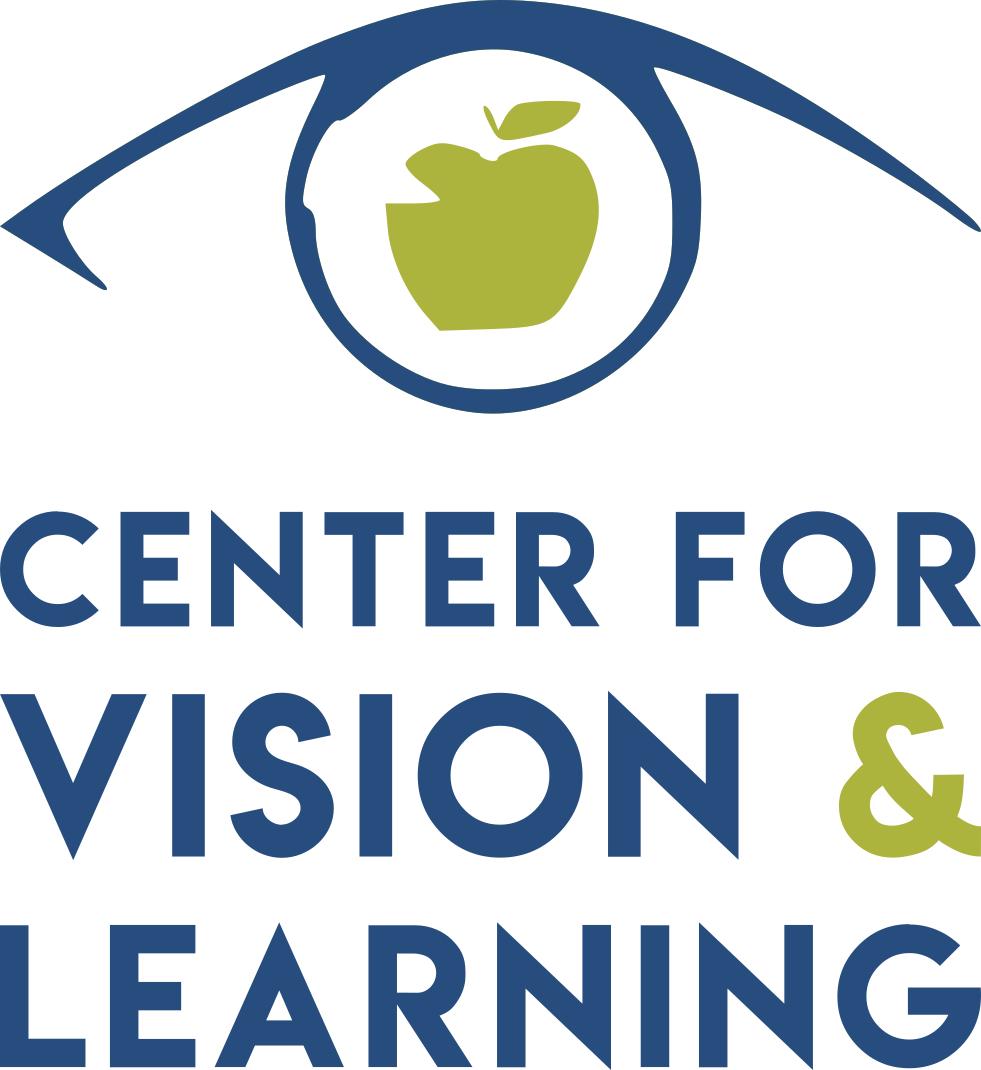Meeting of the minds
I had the opportunity last night to attend an interdisciplinary meeting for one of my patients. She is a patient with a multitude of health issues, and so she is homebound and cannot attend school. Her pediatrician was present at the meeting, as was her audiologist, speech pathologist, physical therapist, and two members from the school district. And me, the optometrist.
We each shared our individual view of this child as a patient and also a student. And we talked about how we could best help her navigate her way back into a typical classroom.
I am writing about this today because I am struck by the value of getting out into the community to see what others are doing to help children. There are wonderful treatment protocols beyond what I can provide in vision therapy. I was reminded and educated on some auditory therapy techniques that very likely could be helpful to some of my other patients. The physical therapist had fabulous ideas for helping to integrate all of the senses. And the school was excited to put into place revolutionary, never tried, accommodations to help this young lady.
In my practice, I often feel like I’m asked to help “save” a student. Often, going to the optometrist is not the first place a parent seeks for a child who struggles in school. And so, by the time they get to my office, the traditional avenues have been exhausted. The parents are frustrated. The child has given up. So it’s up to me to find something new and revolutionary that might change the course for this child.
I enjoy this challenge and I love to offer different insight. But it can be a lot of pressure, as well.
Most children who struggle have more than one thing holding them back. It’s not just a vision problem. It’s not just a language problem. Or an attention problem. Etc. But a combination of things that stack the deck against the learner.
Evaluating and explaining vision problems can be a bit tenuous. I prefer to under-promise and over-deliver. But I also want to stress how important the visual system is for a student. And it is SO important!
So if you are a parent who feels like you’ve tried all the traditional avenues and you wonder whether visual problems might be at play for your child, please know that we are open to collaborating with other professionals to find the right answer, to unlock that door to success. And it is so rewarding when we can all work together to make a successful student.
- Dr. Cheryl Davidson
